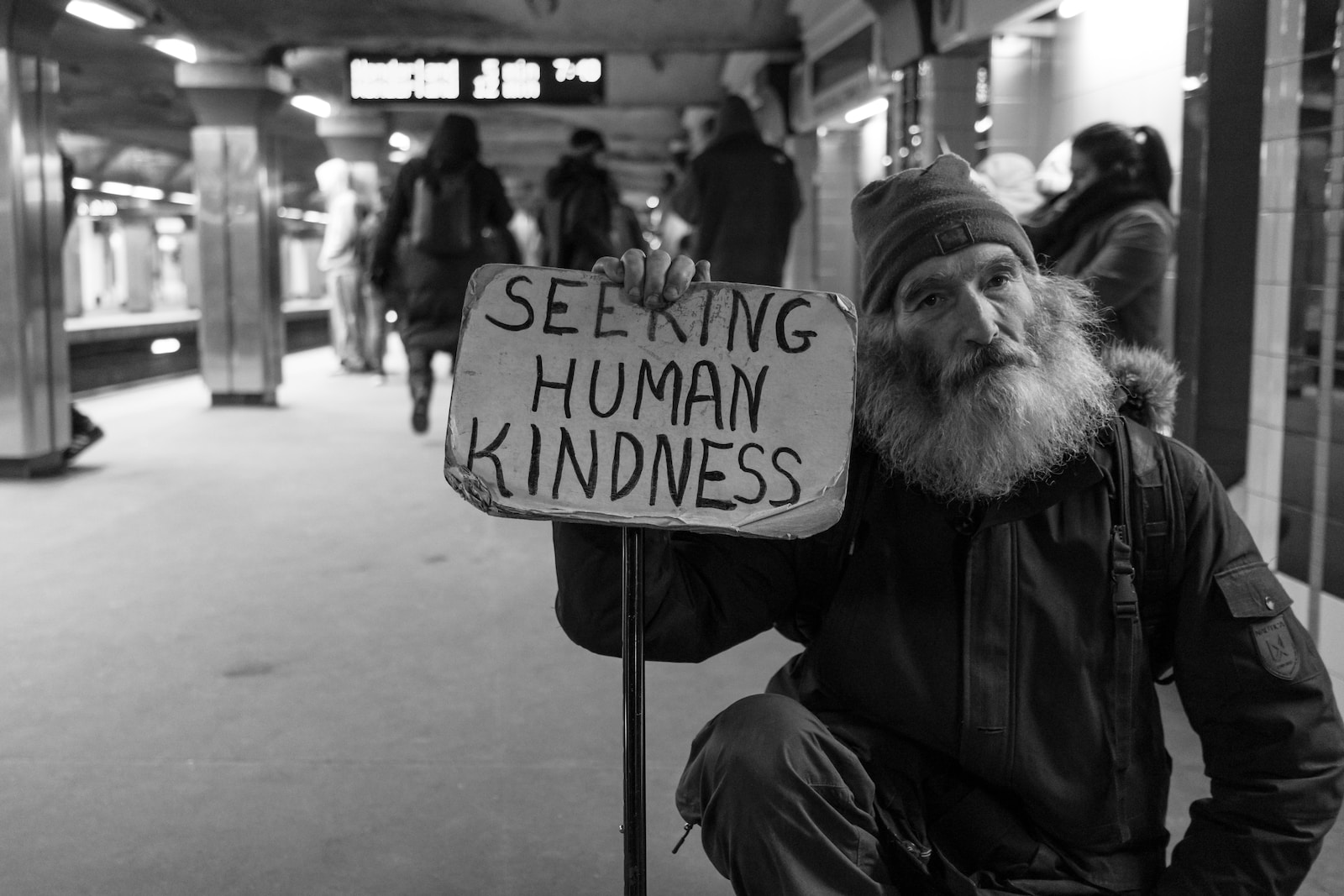Homelessness among young people leaving care has risen by a third in the space of four years, according to analysis of government figures by children’s care charity Become.
Data published in the government’s annual Statutory Homelessness in England report shows a steep rise numbers of young people leaving care aged 18-20 who experience homelessness or the threat of homelessness.
The government’s own research shows that the number of care leavers aged 18-20 facing homelessness has increased by at least 33% since 2018. The figure for 2018-19 was 2,790, compared to 3,710 for 2022/23.
This means the number of care leavers aged 18-20 facing homelessness has risen more than three times as fast as the overall number of households facing homelessness, which rose by 10.7% over the same period.
In addition:
- The number of care leavers aged 18-20 facing homelessness has increased by over 9% in the last year – up from 3,390 in 2021/22
- There were 2,270 care leavers aged 18-20 presenting as homeless, and a further 1,440 as threatened with homelessness
- This means that most care leavers (61.2%) aged 18-20 were already homeless by the time they received support from their local authority
- 10.7% of all care leavers aged 18 to 20 in England presented as homeless or threatened with homelessness, up from 8.9% in 2018/19
Become warned that this was just the tip of the iceberg, as many more care leavers are ‘hidden homeless’, sofa surfing or rough sleeping, who may be unaware of their rights and entitlements and haven’t been in touch with their local authority for support.
Katharine Sacks-Jones, CEO of Become, said: ‘This data is depressing but sadly not surprising. Each year, thousands of 18-year-olds face a care cliff where important support and relationships disappear and they are expected to leave care and become independent overnight, often well before they feel ready.
‘Being pushed into adulthood without the right support in place puts young people at risk. Trying to access safe and suitable housing, manage bills and the cost-of-living crisis, whilst also continuing their education or starting work without a safety net to fall back on is a huge struggle.
‘It’s a scandal that our care system is leaving young people at risk of homelessness, but this can be fixed. We want to see an end to the care cliff so that all young people have a positive start to adulthood and make the move into independence when the time is right for them.’
Become called on the government to adopt the following measures to ensure no young person needs to leave care before they’re ready:
- Enabling young people to stay in their homes or connected to support by fully funding and making the Staying Put and Staying Close schemes an opt-out legal entitlement for all care-experienced young people up to 25
- Providing proper housing support including the introduction of consistent guarantor and tenancy deposit schemes to remove barriers for care leavers taking up private-rented tenancies
- Amend homelessness legislation to:
- Extend automatic ‘priority need’ to all care leavers up to the age of 25, regardless of vulnerability
- Exempt care leavers, up to the age of 25, from homelessness intentionality rules so they don’t miss out on support into long-term accommodation
- Require local authorities to remove the local area connection test for all care leavers up to the age of 25
Image: Matt Collamer
Mental health named top reason for social care staff absences













